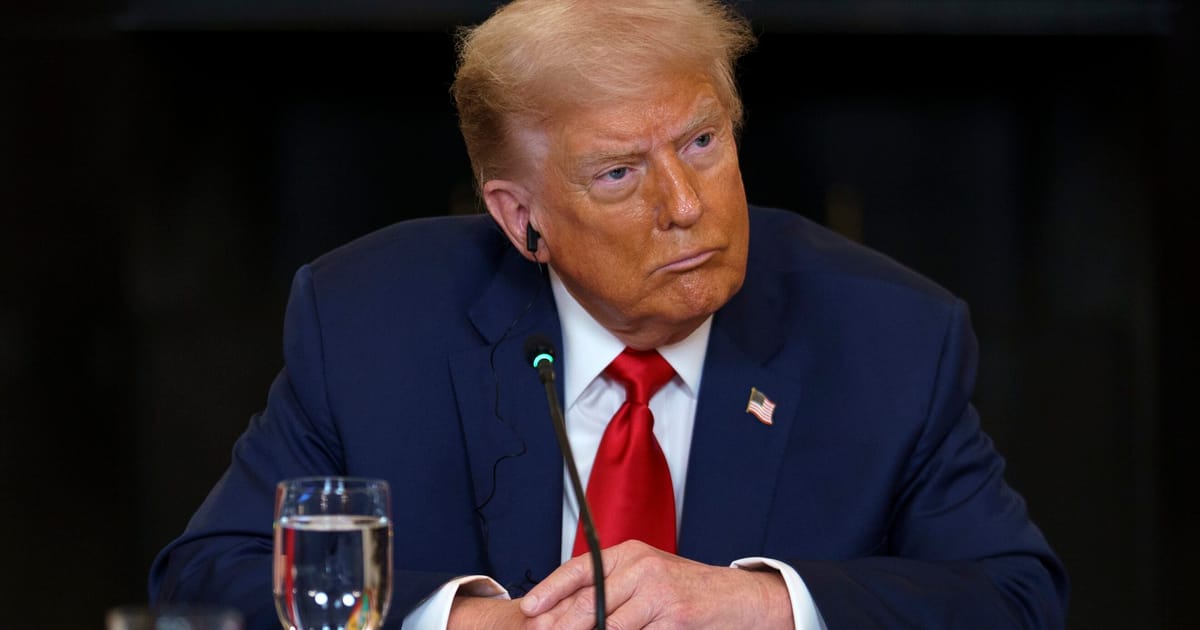

In recent days, several significant developments have unfolded on the international stage, reflecting a tapestry of diplomacy, defense, and governance, each carrying its weight and influence. From the recommencement of military aid to Ukraine by the United States to shifting political strategies in Europe and bilateral agreements, let’s delve into these stories with a calm and thoughtful perspective.
The United States, under the leadership of President Donald Trump, has resumed the delivery of select weaponry to Ukraine. This resumption comes after a temporary pause instigated by the Pentagon, which earlier halted some military aid over concerns regarding dwindling U.S. weapons stockpiles. This gesture underscores the continued alliance between the two nations and the determined effort to support Ukraine amidst ongoing geopolitical tensions. The decision is poised to bolster Ukraine’s defense capabilities in a time of need.
Meanwhile, in Europe, diplomatic discussions have been multifaceted. Germany’s Chancellor has been actively engaged in talks about the reconstruction of Ukraine. In Rome, discussions have been infused with strategic considerations as leaders like Giorgia Meloni and Ukrainian President Volodymyr Zelenskyy join the table to explore pathways to rebuild and recover. At the forefront remains the conversation around the potential deployment of the Taurus missile system, an issue highlighted as crucial yet often overlooked amid broader diplomatic pursuits. The persistent severity of Russia’s actions against Ukraine adds to the urgency and complexity of these negotiations.
Across the English Channel, the focus shifts to a bilateral understanding involving the United Kingdom and France. British leader Keir Starmer and French President Emmanuel Macron are poised to announce a ‘one in, one out’ migration arrangement, aiming to manage the tide of Channel crossings more effectively. Under this framework, the UK would reciprocate by returning some asylum seekers to France, reflecting a step toward cooperative management of migration challenges. However, negotiations are delicate, with financial contributions from the UK for policing efforts being a significant point of discussion. Both nations are working diligently to surmount these hurdles to solidify a mutual agreement.
At the same time, within the European political landscape, Ursula von der Leyen, the European Commission president, is anticipating a rare censure vote in the European Parliament. This vote arises amid criticisms of the EU’s perceived shift towards the right. Though she is expected to retain her position comfortably, the vote reveals underlying discontent among some centrist, center-left, and green MEPs. Their concerns reflect broader debates about the direction of EU policies, highlighting the intricacies involved in balancing diverging political views within a unified framework.
These developments illustrate the complex web of international relations in the current geopolitical climate. Each story represents unique threads interwoven through themes of defense, diplomacy, cooperation, and governance—each essential in shaping the global order. As we witness these events unfold, they invite us to consider not only the immediate implications but also the profound interconnectedness of today’s world. Through careful diplomacy and strategic alliances, these global narratives continue to evolve, paving the way for future collaborations and solutions.
Source: {link}
